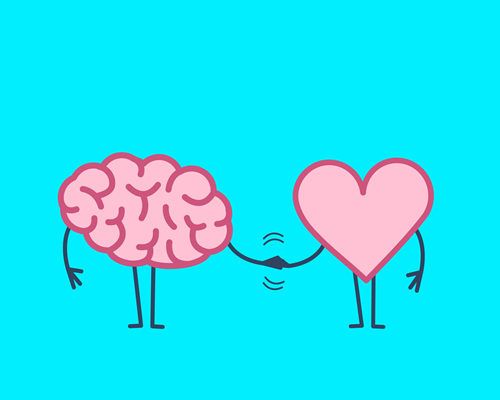Introduction
Emotional intelligence (EQ) is the ability to understand and manage your own emotions, as well as the emotions of others. It's a critical skill for success in all areas of life, from personal relationships to professional endeavors. People with high EQ are typically more self-aware, empathetic, and resilient. They're better communicators, build stronger relationships, and navigate challenging situations with greater ease.

While some individuals seem naturally predisposed to higher EQ, it's not a fixed trait. Emotional intelligence can be developed and strengthened over time with conscious effort and practice. This guide will delve into the core components of EQ and provide actionable strategies to cultivate and enhance your own emotional intelligence.
Understanding the Components of Emotional Intelligence
Emotional intelligence is often broken down into four key attributes:
1. Self-Awareness: This is the foundation of EQ. It involves recognizing your own emotions, understanding their triggers, and identifying how they impact your thoughts and behaviors. 2. Self-Management: Beyond simply recognizing your emotions, self-management is about effectively regulating them. This includes managing stress, controlling impulses, and motivating yourself. 3. Social Awareness: This aspect of EQ focuses outward, encompassing empathy and the ability to perceive and understand the emotions of others. It also involves recognizing social cues and navigating social dynamics effectively. 4. Relationship Management: This component builds upon social awareness and involves using your understanding of emotions to build and maintain healthy relationships. This includes effectively communicating, inspiring, influencing, and resolving conflict constructively.





